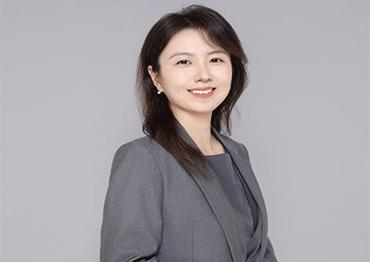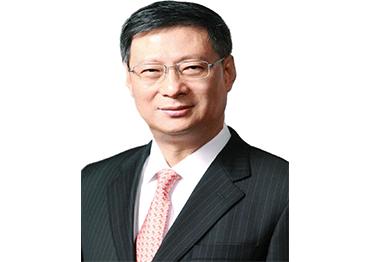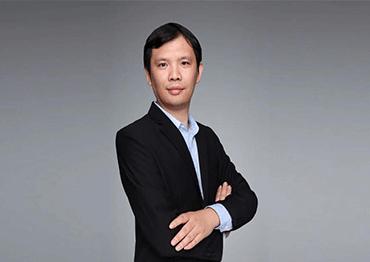“It’s worth noting that the development of AI will challenge the conventional belief that young people are the most creative. In the era of the silver economy, we must boldly integrate human creativity with the creative power of technologies like AI to generate new momentum for economic growth. For example, by drawing on Japan’s concept of the ‘100-year life,’ we can promote lifelong employment and social participation while exploring Chinese-style aging-friendly technologies and systems and policies for lifelong education.”
Peng Xizhe, standing deputy dean of the Fudan Development Institute, in a May interview with the Shanghai Observer
“Today, AIGC (Artificial Intelligence Generated Content) is capable of creating fakes across multiple modalities, including video, audio, text and even micro-expression synthesis. As AI becomes involved in the production of false information and becomes a profit-driven industry, the scale effect will cause the difficulty and cost of finding accurate information to rise exponentially for ordinary users.”
Laodong Daily, quoting Xin Yanyan, associate researcher at the Fudan Development Institute, in an April piece about AI-driven information pollution
“Despite progress, both generative and inference AI still face technological pitfalls, such as security risks, model hallucinations, explainability challenges and vulnerability to intelligent network attacks. In finance, a sector that demands high standards of security and trust, digital financial innovation must strike a balance between safety and efficiency, advancing from merely usable to user-friendly, and from being a substitute to taking the lead.”
Li Lihui, former president of the Bank of China, at a closed- door forum on finance and AI held by China Finance 40 Forum (CF40) on April 19
“For an operating system to truly grow, its core purpose must be to solve problems, not to replace others just for the sake of it. For instance, users are already familiar with the Windows ecosystem on PCs, so we must ask: are there any new unmet needs? Or put differently, what specific problem is a new operating system meant to solve?”
Xiong Puxiang, founder of RT-Thread (a domestic open-source embedded OS) and director of the Shanghai Open Source Information Technology Association, in a recent interview with news portal guancha.cn
“Technology thrives on exchange, not on monopolies or malicious competition. There’s significant room for cooperation between East and West in areas like talent exchange, international standards and legislation. For instance, in the field of AI, data security is crucial. As large models continuously generate all kinds of data, the East and West must share the responsibility of safeguarding global data security.”
Min Weidong, dean of the Metaverse Institute at Nanchang University in Jiangxi Province, in a May interview with China News Service
“The US trade deficit isn’t simply a matter of trade policy – it’s an inevitable outcome of the US dollar’s hegemonic system. If Trump tries to resolve it through protectionism, it could trigger global trade conflicts and further destabilize the American economy.”
Zhang Jun, dean of the School of Economics at Shanghai’s Fudan University, in a May interview with the Netease Economic Research Bureau
“The unilateral and unjustified tariffs by the US have damaged the interests of the people of all countries in the world. Both China and Canada have taken corresponding countermeasures. It is hoped that China and Canada will strengthen coordination and communication between China and Canada and make joint efforts to reject unilateral bullying and safeguard free trade and multilateralism.”
Wang Di, Chinese Ambassador to Canada, in an exclusive May 9 interview with Vassy Kapelos on Question Period, a leading political program on Canadian network CTV News
“It’s perfectly reasonable for academicians and experts to attend regular academic forums and events to share scientific knowledge and promote the spirit of science. However, attending too many such events can dilute their focus, take time away from actual research and foster a culture of impatience and opportunism.”
Newspaper Science and Technology Daily commenting in May on the growing trend of professors rushing from one academic forum to another

 Old Version
Old Version




